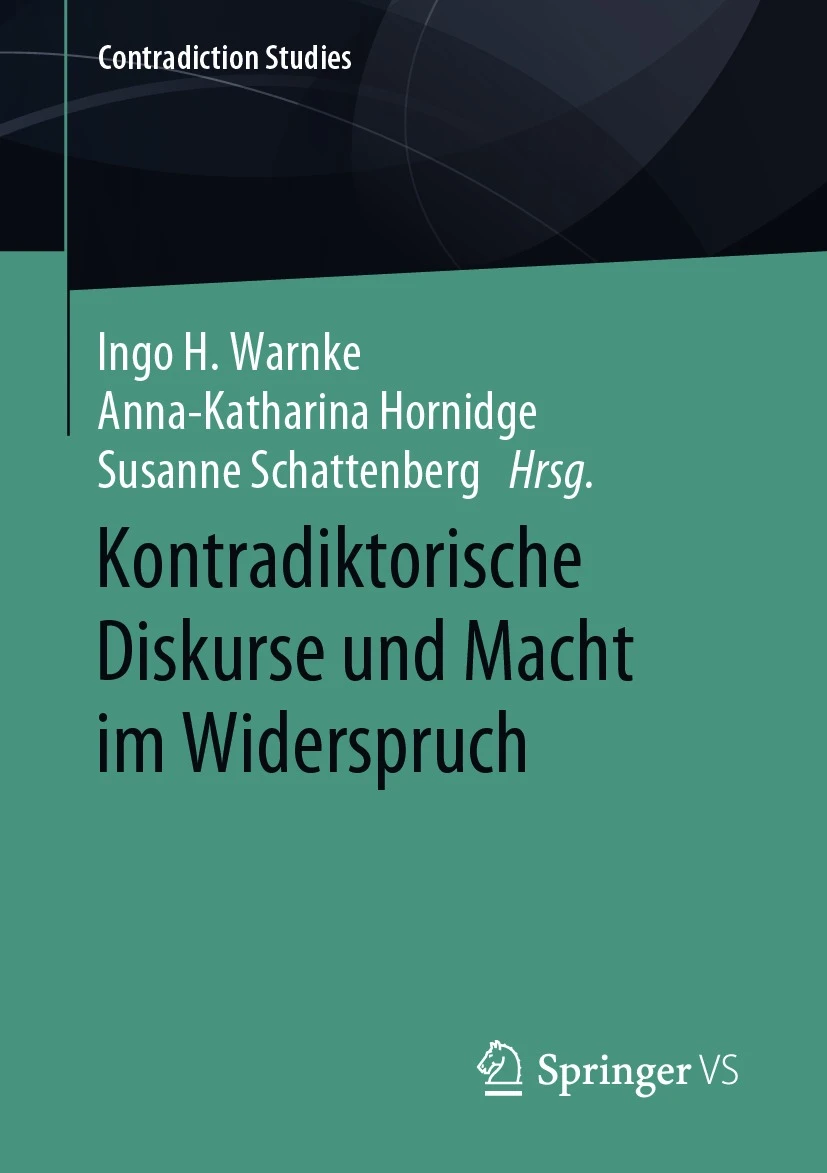
Der Band behandelt in interdisziplinärer Perspektive Widerspruch unter anderem als einen konzeptionellen Anker von Diskursanalyse und -theorie. Widerspruch ist eine Figur der Ordnung von Wissen und damit Ausdruck von Machtverhältnissen. Akteur*innen, die Widersprüche identifizieren und als solche erst wahrnehmbar machen, sind ebenso in Dynamiken der Widerspruchsdeklaration verwoben wie das, was in einer Zeit als widersprüchlich bestimmt und bezeichnet wird. Die performative Dimension von Widerspruch unter Einschluss des Widersprechens verweist auf historische Normalitätsproduktionen und soziale Hierarchien, in denen das Widersprüchliche stets als Anlass zu seiner Auflösung verstanden wird.
Band 3 in der Reihe Contradiction Studies
print
ISBN: 978-3-658-30344-0
eBook
ISBN: 978-3-658-30345-7